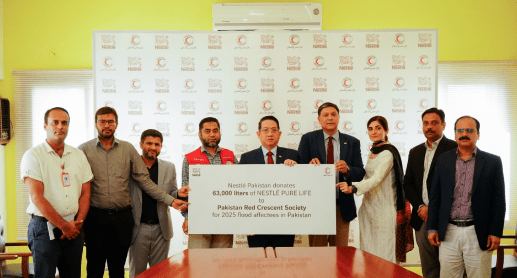Introduction:
The rapid growth of renewable energy, particularly solar power, holds great promise for Pakistan’s energy landscape. However, the solar energy sector in the country faces certain supply chain challenges that hinder its potential. This article aims to shed light on these issues and propose potential solutions to overcome them.
Supply Chain Challenges:
- Import Dependence: Pakistan heavily relies on imports for solar energy products, resulting in supply chain vulnerabilities, delays, and increased costs. Import regulations, customs procedures, and transportation logistics contribute to these challenges.
- Quality Control: Ensuring consistent quality and reliability of solar energy products remains a concern. Limited testing facilities and inadequate regulations to enforce quality standards lead to substandard products entering the market, affecting performance and long-term viability.
- Limited Local Manufacturing: The absence of a robust domestic manufacturing ecosystem for solar energy products poses a major challenge. This reliance on imports not only affects supply chain resilience but also hampers job creation and economic growth opportunities.
Solutions:
- Promoting Local Manufacturing: Encouraging local manufacturing through incentives, tax breaks, and streamlined regulations can boost domestic production. Establishing manufacturing clusters and industrial zones dedicated to solar energy products can foster collaboration, reduce costs, and enhance supply chain resilience.
- Research and Development: Investing in research and development to enhance local innovation and product development capabilities will help Pakistan address quality control concerns. This includes setting up testing laboratories, certifying bodies, and promoting research collaborations between academia and industry.
- Skill Development and Training: Implementing vocational training programs to develop a skilled workforce for the solar energy sector is crucial. These programs can equip individuals with technical expertise, installation skills, and maintenance capabilities, reducing reliance on foreign expertise.
- Streamlining Import Procedures: Simplifying import regulations, customs procedures, and transportation logistics can expedite the supply chain process. This can be achieved by establishing dedicated solar energy import channels, reducing bureaucratic hurdles, and enhancing coordination between relevant government agencies.
- Public-Private Partnerships: Collaboration between the government, industry associations like REAP, and private sector stakeholders is vital. This partnership can facilitate knowledge sharing, capacity building, and investment in infrastructure to address supply chain challenges collectively.
Conclusion:
Addressing supply chain challenges is pivotal to realizing the full potential of solar energy in Pakistan. By promoting local manufacturing, ensuring quality control, investing in research and development, and streamlining import procedures, the country can create a robust and resilient supply chain for solar energy products. These solutions, implemented in collaboration with industry stakeholders, will contribute to the sustainable growth of the solar energy sector, job creation, and the country’s transition towards a clean energy future.







